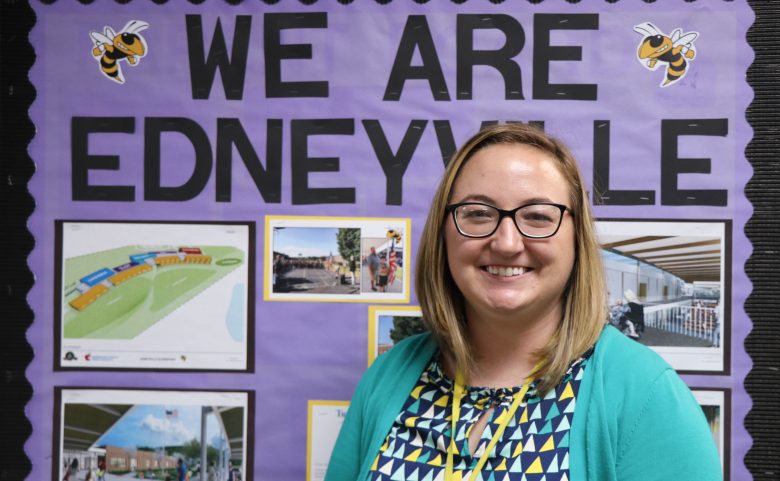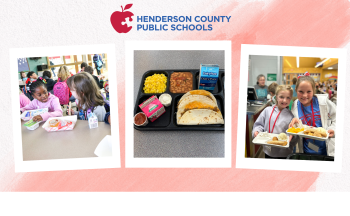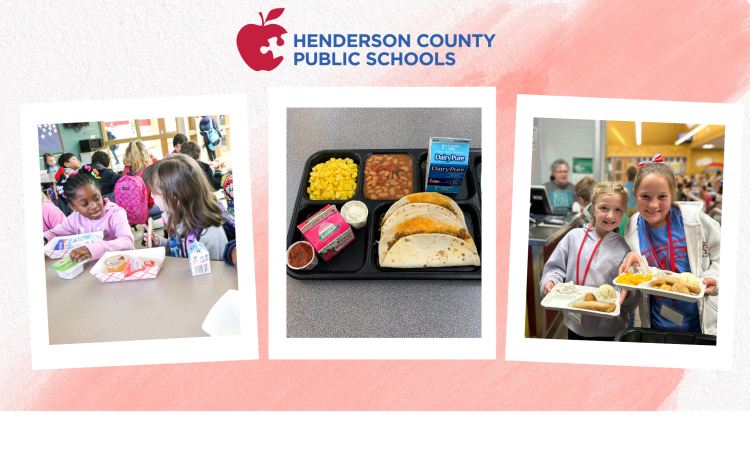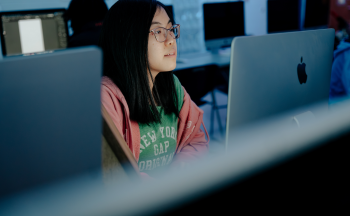In honor of National School Psychology Awareness Week (November 12-16 2018), we’re introducing you to each of our 10 school psychologists, and letting them explain what their jobs in our schools look like. They’re also going to debunk some common misconceptions about their roles (hint: they do not have fainting couches in their offices).
Meet: Carrie Cooper, SSP
What’s a myth about the role of a school psychologist you’d like to dispel?
That school psychologists and school counselors are one and the same. It’s true that school psychologists are licensed for counseling – and many of us enjoy it very much! But it’s a limited role we play, compared to actual school counselors – whose primary responsibilities are counseling, scheduling, and classroom guidance. Whereas the majority of a school psychologist’s workload consists of consultation with teachers on student behavior and academic concerns, student evaluations, data-based intervention planning, and school-wide planning teams.
So why the confusion?
We have different training and responsibilities, but sometimes our roles overlap when we collaborate to meet the needs of our students – which is where the confusion probably comes from. An example of our collaboration is a daily social skills group I’m running for kindergarten students, which is co-led in the school by both the school counselor and the school social worker – another specialist whose purpose is to support students in partnership with us, but who is differently trained and tasked. All three specialists would also be involved in student and staff crisis response at any given school.
What is a favorite element of your job?
I personally just love behavioral consultation. All of our teachers are very skilled in classroom management and generally very keen to try new behavioral strategies, but there are always some students who need a little more support. And I never want any of the teachers at the schools I serve to feel like they have to handle a behavioral difficulty without any help. It really takes a whole village to meet the needs of our kiddos!
So what does a “behavioral consultation” look like?
Whenever I’m called in to consult, I always try to go observe in the classroom and get an idea for any type of environmental component that may be impacting the behavior. Then I or another team members will collect information about what happens before, during, and after the behavior occurs. Some of the most useful information comes from identifying what happens BEFORE the behavior. Then we always utilize a team approach to come up with a behavioral plan that will meet the needs of both the teacher and the student. We keep data to see if our plan is working or if we need to make changes. The best feeling in the world is having a teacher come to me and say that a behavioral plan is really helping a student to be more successful at school.







